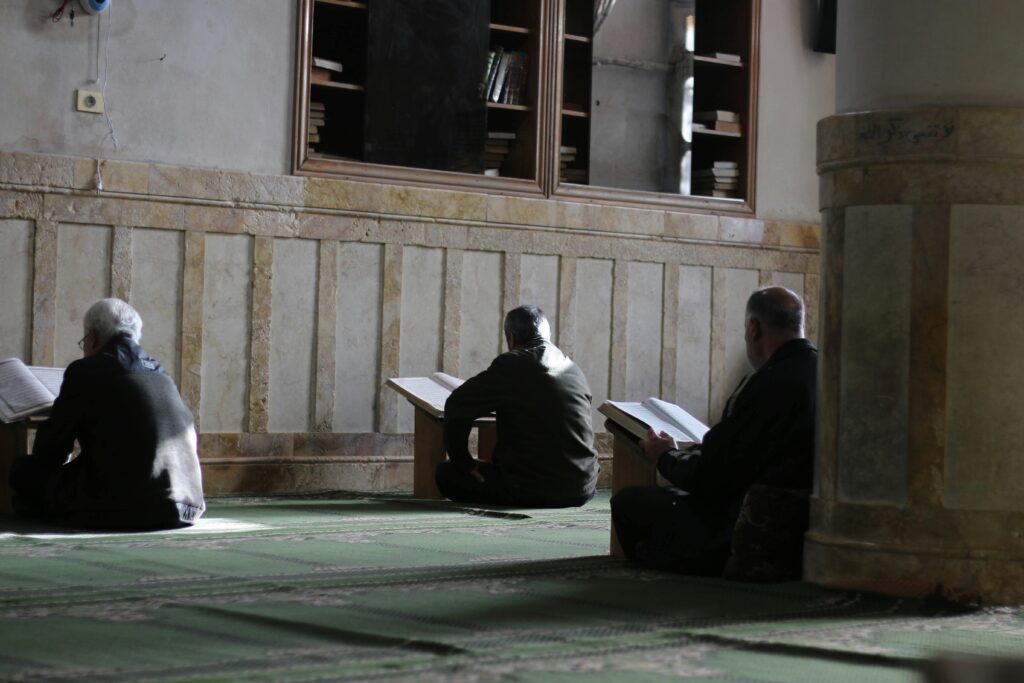Nafl Prayers in Islam: Finding Spiritual Beauty in Voluntary Worship
Nafl prayers hold a quiet, personal beauty in the heart of Islamic worship. These voluntary prayers aren’t about obligation or ritual, but about choosing closeness to God in simple, honest moments. They turn an ordinary day into something sacred. Many Muslims find peace by pausing for a nafl prayer, inviting calm into their lives beyond the daily requirements.
Understanding Nafl Prayers: Their Place in Islamic Practice
Nafl prayers are extra, optional acts of prayer performed beyond what’s required. The five daily prayers (fard) are the backbone of Islamic worship—every Muslim who is able must pray these. Sunnah prayers, recommended by the Prophet Muhammad, come next. Nafl (also called supererogatory) prayers follow, with no expectation or penalty if skipped.
These prayers are an open invitation, a voluntary gift from the worshiper’s heart. Muslims perform them for additional spiritual reward, to ask God for guidance, or simply to feel close to Him. Every nafl prayer is a personal step beyond the basic path.
Spiritual Rewards and Personal Benefits of Nafl Prayers
The benefits of nafl prayers go beyond simple habit. Each voluntary prayer brings a unique kind of calm, much like a quiet walk after a long day. They fill in spiritual gaps, support discipline, and help believers focus when life feels scattered.
Developing a Deeper Connection with God
Nafl prayers nurture a private relationship with God. In the hushed pause of a nafl prayer, distractions fade and worries lose their weight. It’s a time to speak directly to God, share burdens, and refill the spirit. Repetition, sincerity, and presence in prayer deepen this bond, even when the world feels rushed.
Seeking Forgiveness and Extra Reward
Nafl prayers offer a safe space to ask for forgiveness and mercy. They’re often performed with hope for blessings, or gratitude for answered prayers. Think of nafl prayers as filling the cracks in a wall—helping patch the small missteps and building greater reward. Many hadiths mention that God looks upon these voluntary acts with kindness.
Nafl Prayers in Daily Life: When and How They Are Performed
Nafl prayers fit into daily life with grace. They aren’t tied to a fixed number or time, giving every Muslim the chance to pray as much or as little as their heart feels.
Flexible Timing and Private Worship
The flexible nature of nafl prayers is one of their greatest strengths. People often pray them before or after the obligatory prayers, in the quiet before dawn, or late at night when the house is still. Many choose private moments, away from crowds, letting worship become more personal.
Examples of Well-Loved Nafl Prayers
Some popular times and types of nafl prayers include:
- Tahajjud: Prayed deep in the night, seeking closeness and forgiveness.
- Duha: Morning prayer after sunrise, known for seeking blessings in the day.
- Salat al-Istikhara: Asking for guidance when making a difficult choice.
- Two rak’ahs before entering the mosque or after the call to prayer.
Each type lets the worshiper express gratitude, seek help, or simply share life’s moments with God. other resources
Conclusion
Nafl prayers bring quiet strength and gentle comfort. They turn simple pauses into moments of meaning, shaping character and nurturing faith. By slipping away for a brief conversation with God, Muslims sharpen their sense of purpose and find greater harmony inside. In choosing nafl prayers, anyone can bring a spark of peace and beauty into their everyday life.

